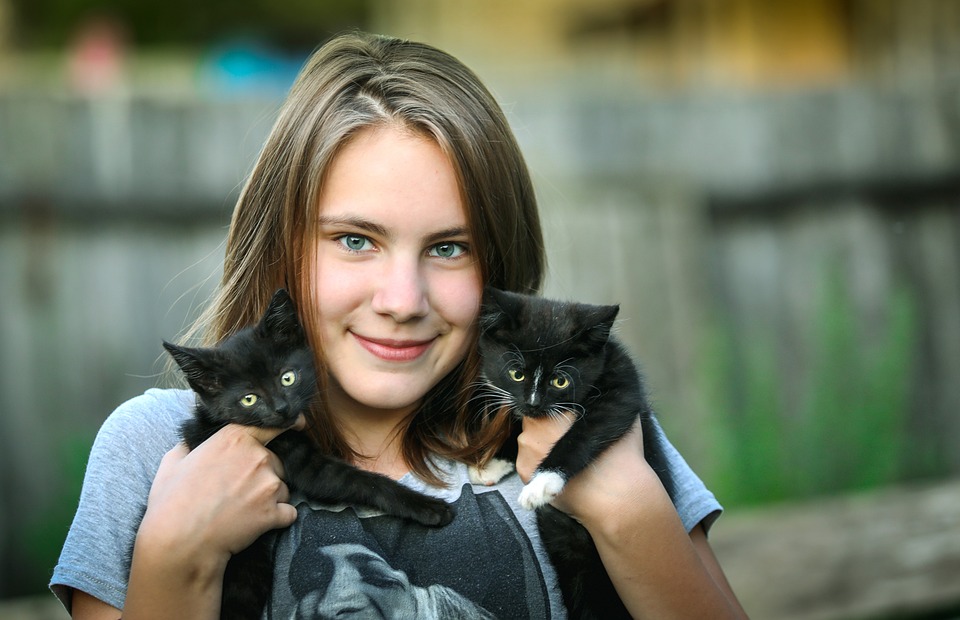Cats, known for their finicky eating habits, are prone to digestive issues just like humans. Understanding common digestive problems in cats and knowing how to address them can help keep your feline friend healthy and happy. In this article, we will explore some of the most common digestive issues in cats and provide helpful tips for managing them.
One of the most well-known digestive issues in cats is hairballs. Hairballs occur when cats groom themselves and swallow loose hair, which then accumulates in their digestive system. This can lead to discomfort, coughing, and vomiting. To prevent and manage hairballs, regular brushing to remove loose hair is essential. Additionally, feeding your cat a specialized hairball formula cat food can help reduce the formation of hairballs.
Vomiting is another common digestive problem in cats. It can be caused by a variety of factors, including dietary indiscretion, hairballs, allergies, or underlying medical conditions. While occasional vomiting may be normal, frequent or persistent vomiting should be evaluated by a veterinarian. Steps to manage vomiting in cats include feeding smaller, more frequent meals, avoiding sudden dietary changes, and providing a calm and stress-free environment.
Diarrhea is another digestive issue that can affect cats. It can be caused by dietary changes, food allergies, infections, or underlying health conditions. If your cat has diarrhea, it is important to monitor their hydration levels and consult a veterinarian if the diarrhea persists for more than a day. Treatment often involves a temporary change in diet to a bland, easily digestible food, along with medication prescribed by a veterinarian if necessary.
Addressing digestive issues in cats involves several key factors. Diet and nutrition play a significant role in maintaining a healthy digestive system. Choosing a high-quality cat food that is specifically formulated for digestive health can help prevent and manage digestive problems. Introducing dietary changes gradually and monitoring your cat’s response is also important.
Proper hydration is essential for preventing digestive problems in cats. Encouraging your cat to drink more water can be achieved by providing fresh water in multiple locations throughout the house and using a water fountain. Alternatively, adding water to your cat’s food or feeding them wet food can help increase their water intake.
Regular veterinary check-ups are crucial for addressing and preventing digestive issues in cats. Your veterinarian can assess your cat’s overall health, discuss any digestive concerns, and recommend appropriate vaccinations and preventive care. Regular check-ups also allow for early detection and treatment of any underlying health conditions that may contribute to digestive problems.
In conclusion, understanding and addressing common digestive issues in cats is essential for their overall well-being. By recognizing the signs, making necessary dietary adjustments, and seeking veterinary care when needed, you can help your cat maintain a healthy digestive system. Remember, prevention, early detection, and appropriate treatment are key to keeping your feline companion’s tummy happy and healthy.








